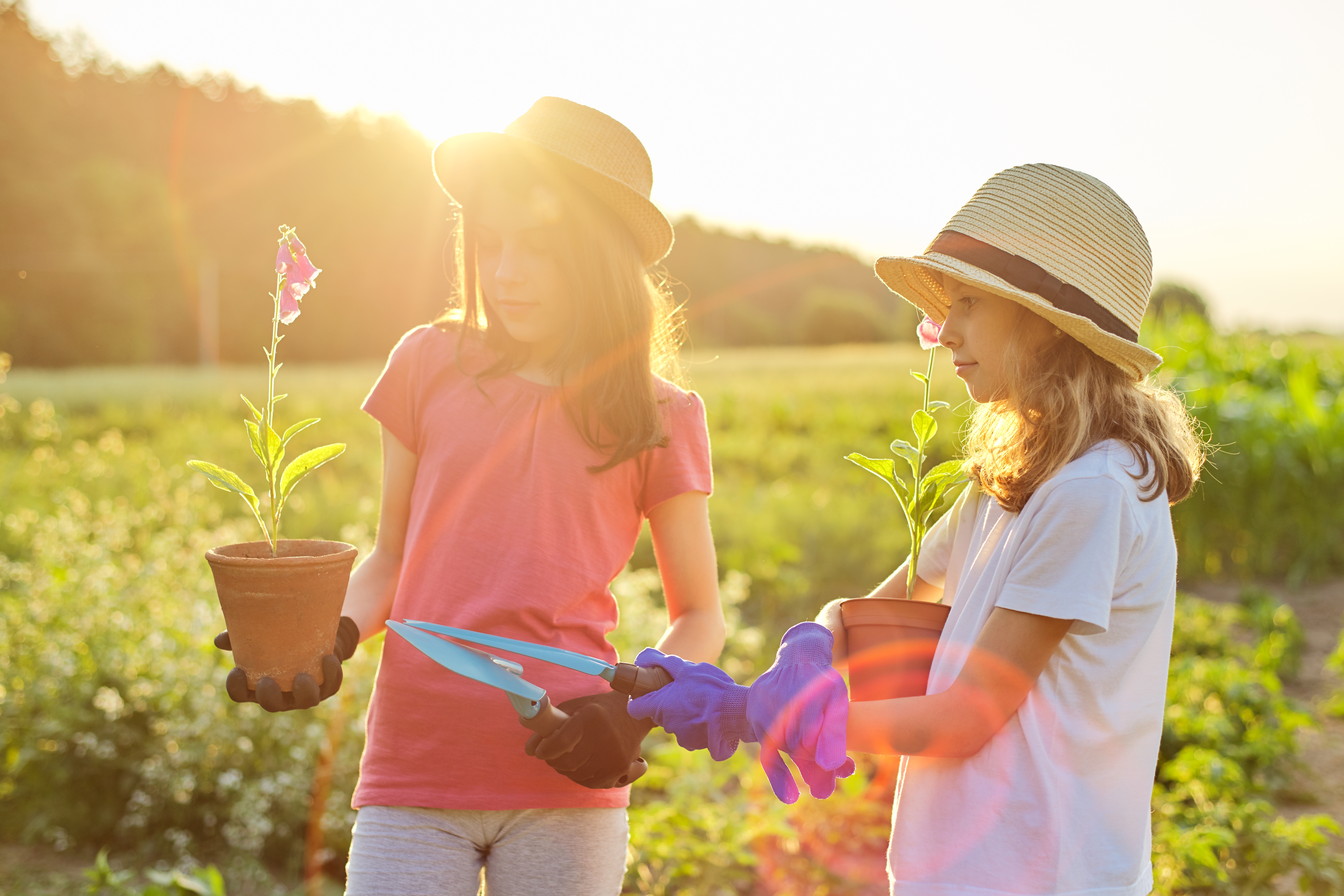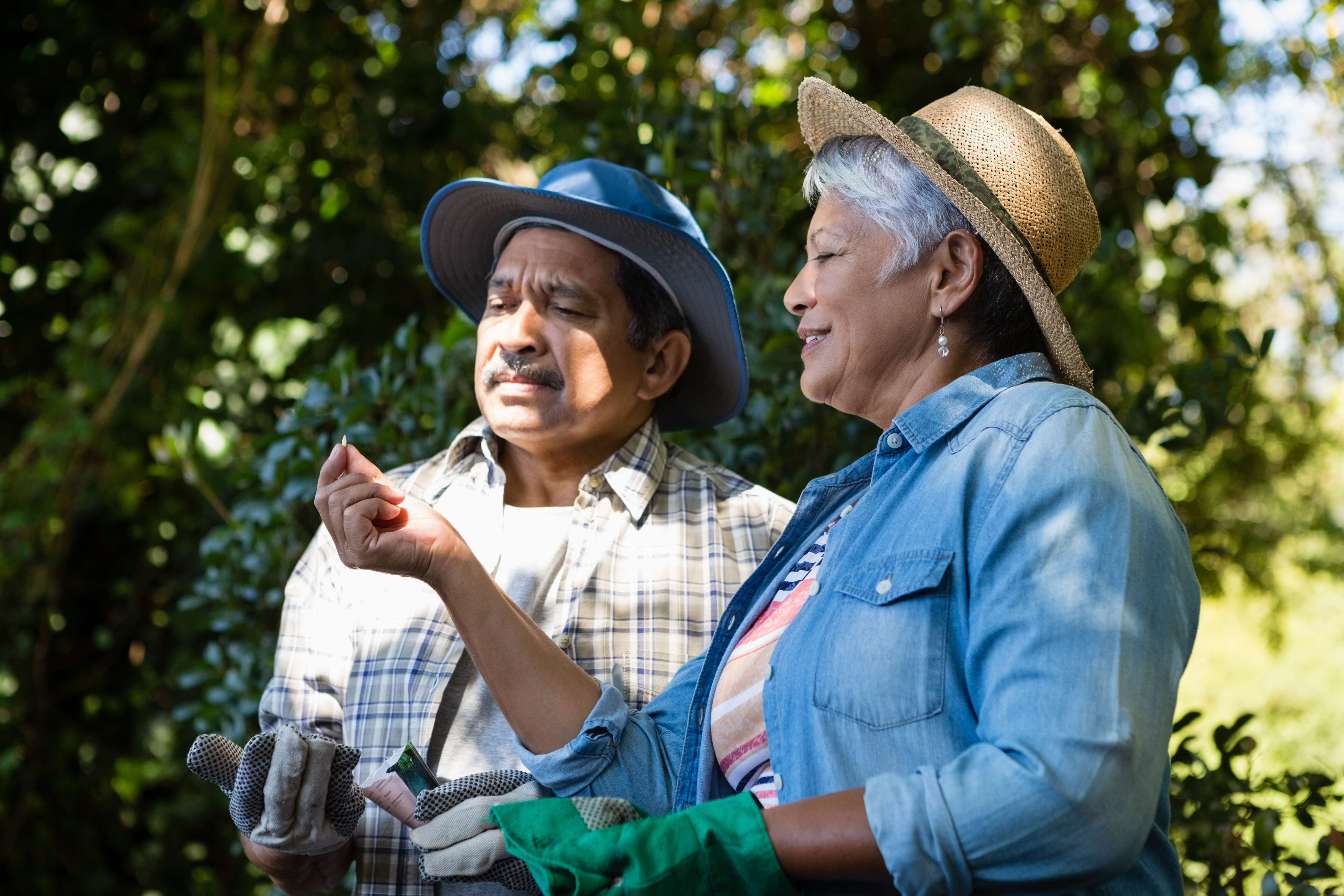10 Surprising Benefits of Gardening That Will Transform Your Life
3. Social Connections: Cultivating Community

Gardening is not just a solitary activity; it has the power to bring people together and cultivate a sense of community. Community gardens, for example, provide a space where individuals from diverse backgrounds can come together, share knowledge, and work towards a common goal. These shared spaces encourage collaboration, communication, and the exchange of ideas, fostering friendships and strengthening community ties. The social interactions that occur in community gardens can combat feelings of loneliness and isolation, especially for those living in urban areas. In addition to community gardens, gardening clubs and workshops offer opportunities for social engagement and the development of new friendships. These gatherings allow individuals to connect over a shared interest, creating a sense of belonging and camaraderie. The social aspect of gardening can also extend to family and friends, as gardening is an activity that can be enjoyed by people of all ages. Whether it’s tending to a family vegetable patch or sharing gardening tips with neighbors, these interactions enrich our lives and create lasting bonds. As we delve deeper, we'll see how these social connections can lead to increased cognitive function and personal growth.
4. Cognitive Function: A Boost for the Brain

Gardening is not only beneficial for the body and soul; it also provides a significant boost to cognitive function. Engaging in gardening activities stimulates the brain, enhancing memory, concentration, and problem-solving skills. The planning and decision-making involved in gardening, such as choosing the right plants for a particular environment or designing a garden layout, challenge the brain and keep it active. This mental stimulation can improve cognitive function and reduce the risk of cognitive decline, making gardening an excellent activity for maintaining brain health as we age. Research has shown that gardening can also improve attention span and focus, particularly in children and individuals with ADHD. The sensory experiences provided by gardening, such as the sights, sounds, and smells of nature, engage the brain and promote cognitive development. Gardening encourages curiosity and learning, as individuals explore the natural world and gain a deeper understanding of plant biology and ecology. This lifelong learning aspect of gardening contributes to personal growth and intellectual fulfillment, as we will explore further in the next section.
